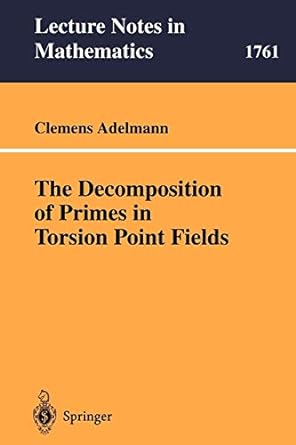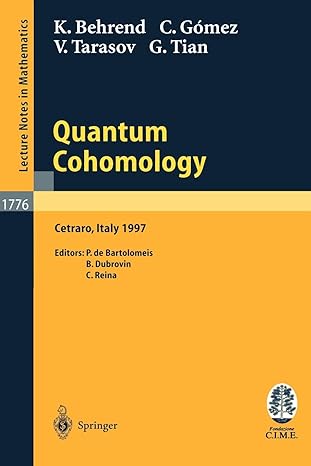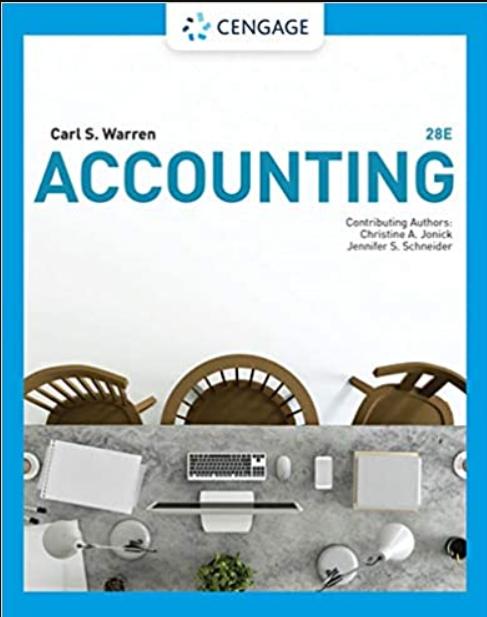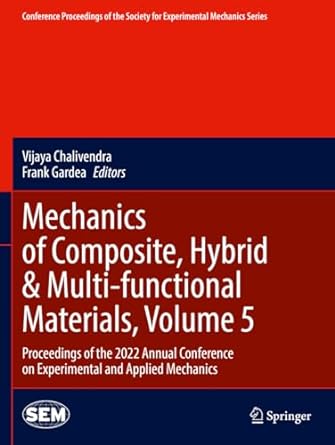Go back


The Decomposition Of Primes In Torsion Point Fields(1st Edition)
Authors:
Clemens Adelmann

Cover Type:Hardcover
Condition:Used
In Stock
Include with your book
Free shipping: April 06, 2024Popular items with books
Access to 3 Million+ solutions
Free ✝
Ask 10 Questions from expert
200,000+ Expert answers
✝ 7 days-trial
Total Price:
$0
List Price: $38.73
Savings: $38.73(100%)
Book details
ISBN: 3540420355, 978-3540420354
Book publisher: Springer
Get your hands on the best-selling book The Decomposition Of Primes In Torsion Point Fields 1st Edition for free. Feed your curiosity and let your imagination soar with the best stories coming out to you without hefty price tags. Browse SolutionInn to discover a treasure trove of fiction and non-fiction books where every page leads the reader to an undiscovered world. Start your literary adventure right away and also enjoy free shipping of these complimentary books to your door.
The Decomposition Of Primes In Torsion Point Fields 1st Edition Summary: It is an historical goal of algebraic number theory to relate all algebraic extensionsofanumber?eldinauniquewaytostructuresthatareexclusively described in terms of the base ?eld. Suitable structures are the prime ideals of the ring of integers of the considered number ?eld. By examining the behaviouroftheprimeidealswhenembeddedintheextension?eld,su?cient information should be collected to distinguish the given extension from all other possible extension ?elds. The ring of integers O of an algebraic number ?eld k is a Dedekind ring. k Any non-zero ideal in O possesses therefore a decomposition into a product k of prime ideals in O which is unique up to permutations of the factors. This k decomposition generalizes the prime factor decomposition of numbers in Z Z. In order to keep the uniqueness of the factors, view has to be changed from elements of O to ideals of O . k k Given an extension K/k of algebraic number ?elds and a prime ideal p of O , the decomposition law of K/k describes the product decomposition of k the ideal generated by p in O and names its characteristic quantities, i. e. K the number of di?erent prime ideal factors, their respective inertial degrees, and their respective rami?cation indices. Whenlookingatdecompositionlaws,weshouldinitiallyrestrictourselves to Galois extensions. This special case already o?ers quite a few di?culties.
Customers also bought these books
Frequently Bought Together
Top Reviews for Books
Request 5pvmu0f
( 5 )
"Delivery was considerably fast, and the book I received was in a good condition."










